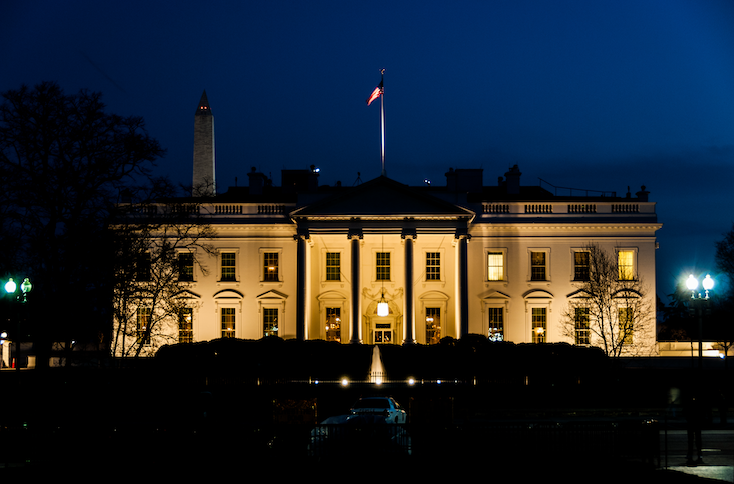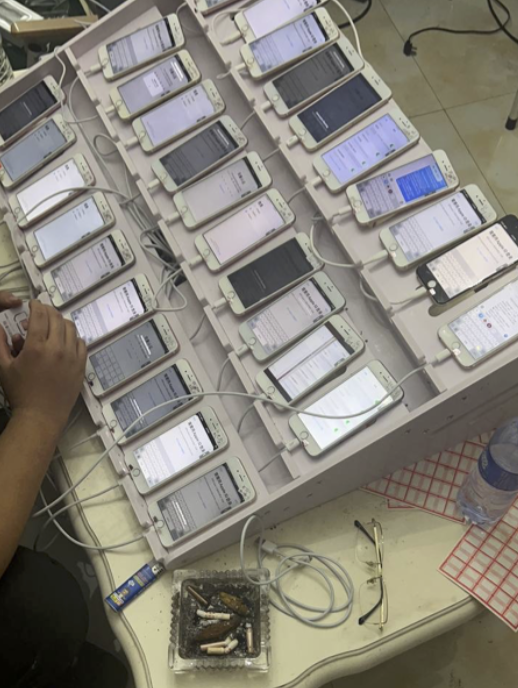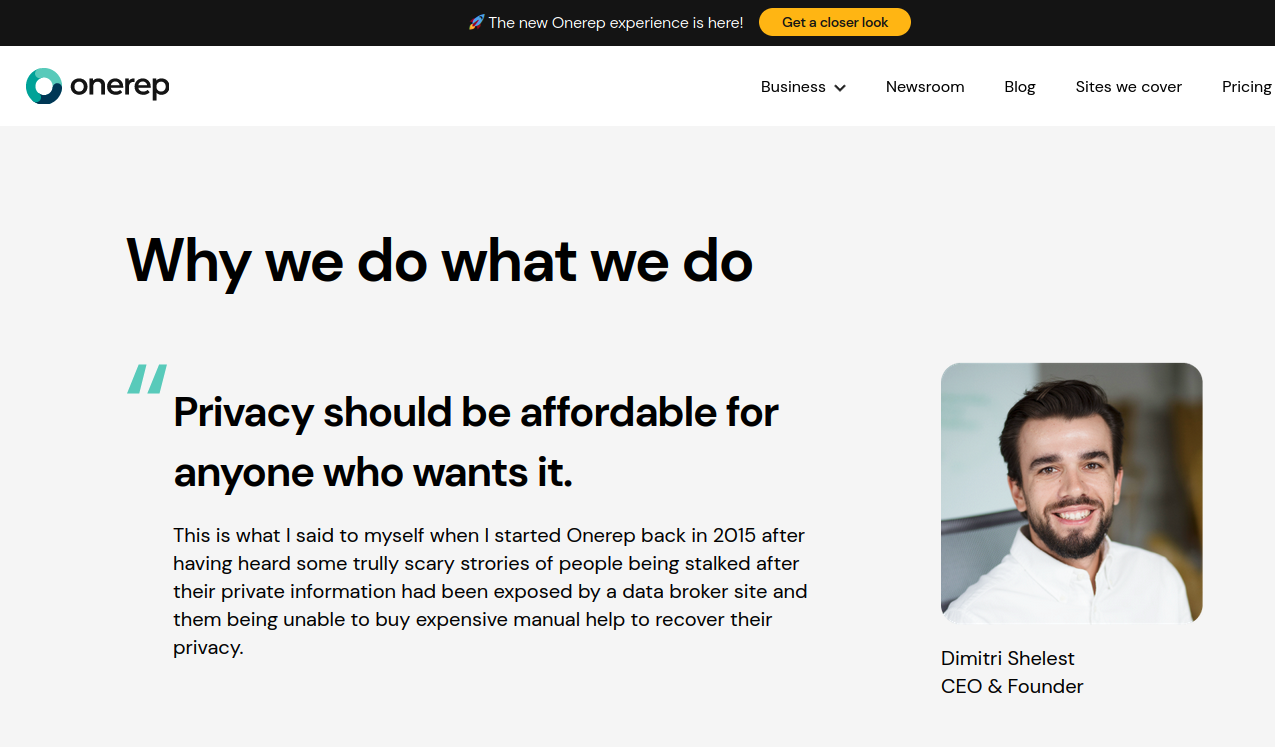A tech IPO in time for Valentine’s Day
Bumble goes public with marketing aimed at women. Here’s everything to know

There is no doubt that Bumble Inc.'s (BMBL) initial public offering (IPO) made history: Whitney Wolfe Herd became the world's youngest self-made billionaire and the first to become a billionaire while balancing a baby on her hip. It's also a milestone for corporate boards, with women holding eight out of eleven spots on Bumble's board. But this doesn't necessarily mean that Bumble's IPO is a win for all women – even all female investors or its female users.
Bumble, an online dating app that Herd launched in 2014, raised $2.2 billion in its IPO ahead of Valentine's Day weekend. The company is now valued at over $7 billion. Bumble offers a lofty, ambitious promise to transform the dating world and create a more equal space online.
"I founded Bumble to empower women to build healthier and more equitable connections in an effort to improve relationships for everyone," Herd said in the IPO filing. The broader problem Bumble is looking to solve is real: more women than men are harassed online. Most women, or 65% of those single and looking to date, say they've experienced some type of harassment, according to Pew research.
The market dynamics and numbers are on Bumble's side: studies show online dating is increasingly how American adults, especially heterosexual couples, find partners. "We saw increased usage and extended video chat times, and an increased need for social connections since March when lockdown and social distancing restrictions began in India," Priti Joshi, vice president of strategy at Bumble, told Elle magazine.
While many dating apps are seeing a surge in users due to the pandemic, Bumble still has to prove out its global growth strategy, long-term profitability, and ability to engage its users throughout different lifetime journeys, not just finding a partner. Taking a closer look at its investors and the company's history shows that Bumble is far from a non-profit non-governmental organization working to improve women's lives and that the impact the company is looking to achieve is harder to quantify.
In 2019, The Blackstone Group Inc. (BX) became the majority stakeholder in the company. Blackstone's CEO was a donor to Donald Trump's super PACs, suggesting support for an administration that has a questionable track record at best when it comes to gender equality.
In addition to a number of existing competitors including Tinder, Hinge, and Match Group Inc. (MTCH), there is also a slew of new, more niche apps emerging in recent years, promising users more accurate matches by focusing on personality type, astrological sign, sexual orientation, or income level. And there are a growing number of niche communities or startups building their own content and looking to engage women on fertility or career issues, from groups on the platforms of Facebook, Inc. (FB) and Microsoft Corporation's (MSFT) LinkedIn to fertility tech startups – areas where Bumble is looking to grow.
"Our focus right now is on expanding the dating category to the rest of the world," Herd said in an interview with Yahoo Finance. "And when you think about all the different touch points you have in your life that are really a derivative of your relationships, whether that's the quest for love, once you find love how you embark on the next chapter: engagement, marriage, fertility, everything thereafter that comes with those journeys."





























